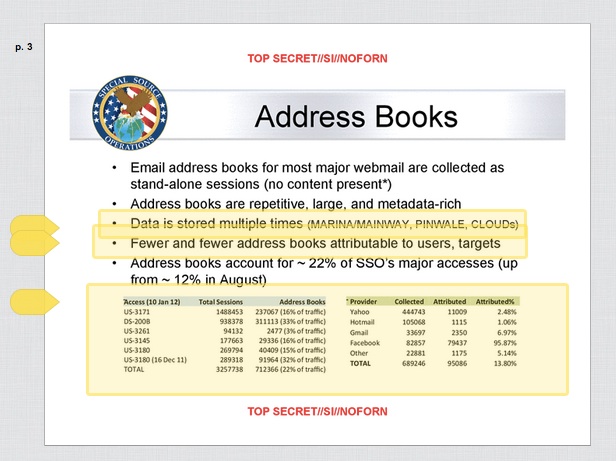Great stuff from Andrew Sullivan.
What the understandably beleaguered citizens of this new modern order want is a pristine variety of America that feels like the one they grew up in. They want truths that ring without any timbre of doubt. They want root-and-branch reform – to the days of the American Revolution. And they want all of this as a pre-packaged ideology, preferably aligned with re-written American history, and reiterated as a theater of comfort and nostalgia. They want their presidents white and their budget balanced now. That balancing it now would tip the whole world into a second depression sounds like elite cant to them; that America is, as a matter of fact, a coffee-colored country – and stronger for it – does not remove their desire for it not to be so; indeed it intensifies their futile effort to stop immigration reform. And given the apocalyptic nature of their view of what is going on, it is only natural that they would seek a totalist, radical, revolutionary halt to all of it, even if it creates economic chaos, even if it destroys millions of jobs, even though it keeps millions in immigration limbo, even if it means an unprecedented default on the debt.
This is a religion – but a particularly modern, extreme and unthinking fundamentalist religion. And such a form of religion is the antithesis of the mainline Protestantism that once dominated the Republican party as well, to a lesser extent, the Democratic party.
It also brooks no distinction between religion and politics, seeing them as fused in the same cultural and religious battle. Much of the GOP hails from that new purist, apocalyptic sect right now – and certainly no one else is attacking that kind of religious organization. But it will do to institutional political parties what entrepreneurial fundamentalism does to mainline churches: its appeal to absolute truth, total rectitude and simplicity of worldview instantly trumps tradition, reason, moderation, compromise.
And this:
I believe that you cannot understand the current GOP without also grasping how bewildered so many people are by the dizzying onset of modernity. The 21st Century has brought Islamist war to America, the worst recession since the 1930s, a debt-ridden federal government, a majority-minority future, gay marriage, universal healthcare and legal weed. If you were still seething from the eruption of the 1960s, and thought that Reagan had ended all that, then the resilience of a pluralistic, multi-racial, fast-miscegenating, post-gay America, whose president looks like the future, not the past, you would indeed, at this point, be in a world-class, meshugganah, cultural panic.
When you add in the fact that the American dream stopped working for most working-class folks at some point in the mid 1970s, and when you see the national debt soaring from the Reagan years onward, made much worse by the Bush-Cheney years, and then exploded by the recession Bush bequeathed, you have a combustible mixture. It’s very easy to lump all this together into a paranoid fantasy of an American apocalypse that must somehow be stopped at all cost. In trying to understand the far-right mindset – which accounts for around a quarter of the country – I think you have to zoom out and see all of this in context.



